Carol Marak is a Solo Advisor and Advocate, and soon-to-be-published author of the book Solo and Smart. Carol is a former family caregiver; she has spent the last decade providing help and advice to countless aging adults planning for their future. Carol’s work has appeared in Time Magazine, ABC News, New York Times, USA Today, Washington Post, US News and AARP the Magazine.
This interview has been edited for length and clarity and covers essential retirement planning for solo agers.

Ben: What's your background and how did you get involved in advocating for solo aging?
Carol: I'm a solo ager myself. And my caregiving evolved back when I was helping both of my parents. My dad was living with Alzheimer's and my mom with several chronic conditions. I was working full time while providing them care. My sisters and I shared the responsibility of taking care of them. My parents remained in their own home. My mother required a lot of attention due to her her chronic illnesses. So it took a lot of our time to run her to doctors and clinics and the places she needed to go. Caregiving is tough!
Eventually my mother passed away, and my dad continued living at home. We soon discovered that he had cognitive decline; he also was diagnosed with Alzheimer's, and he started going downhill really quickly. So we moved him into a nursing home in the small town where he lived. We had to oversee his care because, the home he moved into simply was not equipped to take care of adults with advanced dementia. Memory-care communities are wonderful, but they were beyond our budget. So it took more of our time: spending time with him every day, feeding him, making sure he was properly clothed, etc. After a few years living there he passed away.
Ben: During this difficult time, how did you reflect on and process these events?
Carol: I actually started to write about my experience. As a matter of fact, before this call, I reviewed a lot of what I wrote. Around that time I created a website called Working Caregiver, which doesn't exist anymore. I developed it at that time to address some of the issues that people like me – those working full time and taking care of parents – go through and the help we need. Out of that experience, my work gravitated to the aging sector. After both my parents passed, I continued in the field. I started getting writing jobs web copy and blogs for other sites.
So one day I was out on my walk and I found myself crying because I was missing my parents. And it occurred to me, “Oh my God, that was a lot of work.” I was so busy with caring for them, and it was such important work. And then it hit me: “Oh, no, who's going to do that for me?” I'm not married; I don't have a partner; I don't have children. Holy crap. And all my siblings are older than me and would likely need help from me rather than vice versa. I just thought, “What am I going to do?”
So that's what led me to advocating around aging alone. I started doing more research. I launched a group called Elder Orphans on Facebook. And the reason I named it that is because there is a lot of research that's been done on this topic starting back in the ‘80s by a geriatrician in England, who discovered how not having family exacerbates everything from chronic illnesses to depression. Loneliness even has a causal effect on death, because people are missing others who would pay attention to and care for them. I launched that Facebook group, essentially coming out as “solo” -- which I knew would be relatable. One of my sisters is solo as are several of my cousins. And I thought, well, I wonder how many other people are out here facing these issues. So I launched the group and oh my God, it just exploded. And so obviously it's a growing market. The group has been around for five years now.
Ben: What is your new book going to be about?
Carol: It’s called Solo and Smart and is about how I plan to take care of myself as a solo person. I've created a plan. I looked at all the issues that I helped my parents with. That's where I started. At the top were, of course health, housing, social connections, support and care, and transportation. So those are really the main issues that the book covers. The book also shows how I’m personally preparing for soloing during this life stage. It took close to 10 years to create this plan and set myself up for success down the road. I started with my health because, as an aging adult, It doesn't matter how much money you have or even how many children you have. Without good health, nothing else matters. Without health, our independence is significantly limited.. So I started with health and then focused on my long-term finances. That's the other top issue for aging, particularly so among solo agers. Your home, and its proximity to others, is also critical, as – for most of us – having a connection to people who live near you helps you feel safe and remain independent. So I looked at all that and I wrote a book about it. The book essentially outlines a plan for solo aging. I'm giving presentations and classes on this subject, providing encouragement and real-life training for how to do so safely and successfully.
Ben: What do you see as some of the biggest joys, or opportunities for joy, for people who are aging single? Where have you found joy and happiness while you age? There are probably people who are reading this and anxious about aging alone, and maybe only focus on the challenges and not the joy that comes with successfully and fulfilling navigating this life stage.
Carol: Oh, absolutely. I feel very blessed and I'm very, very grateful for all the opportunities that I've allowed myself to have in terms of growing and learning new skills. There are so many growth opportunities in this world and so many ways that we can give back while we learn about ourselves. As I’ve gotten older, I’ve learned how to appreciate who I am. We as adults are not really taught how to appreciate ourselves and what we have to offer. So that has been really my biggest joy -- learning while giving myself permission to make mistakes. Instead of focusing on problems, I try to shift my perspective to see the possibilities of what I've learned from all of this and what I can do with this knowledge. What are those gifts that I have developed that I can now teach others? So I would say that's really my greatest joy: not to give up embracing newness and novelty just because I’m getting older. I see so many people in my Facebook group who just give up, only seeing and being overwhelmed by challenges and problems. They might write something about how horrific it is to go through the challenges of this age as a single person. And all they see, all they feel inside, is depressing. This outlook would be self-defeating for anyone, but especially for solo adults who don’t have someone nearby all the time to pick them up and give them a pep talk. You’ve got to be your own biggest cheerleader.
As I mentioned, I have two sisters. One’s going to be 79 and the 76. They both retired in their late 50s, and when they made that change, I remember wondering what they were going to do with all that time. Simply put, I’m glad I’m not retired! I have not and will not retire. That's not how I want to age and grow older. So if you’ve already retired or are close to it – be careful! Too many retirees stop growing, don't pursue new interests or learn new skills.











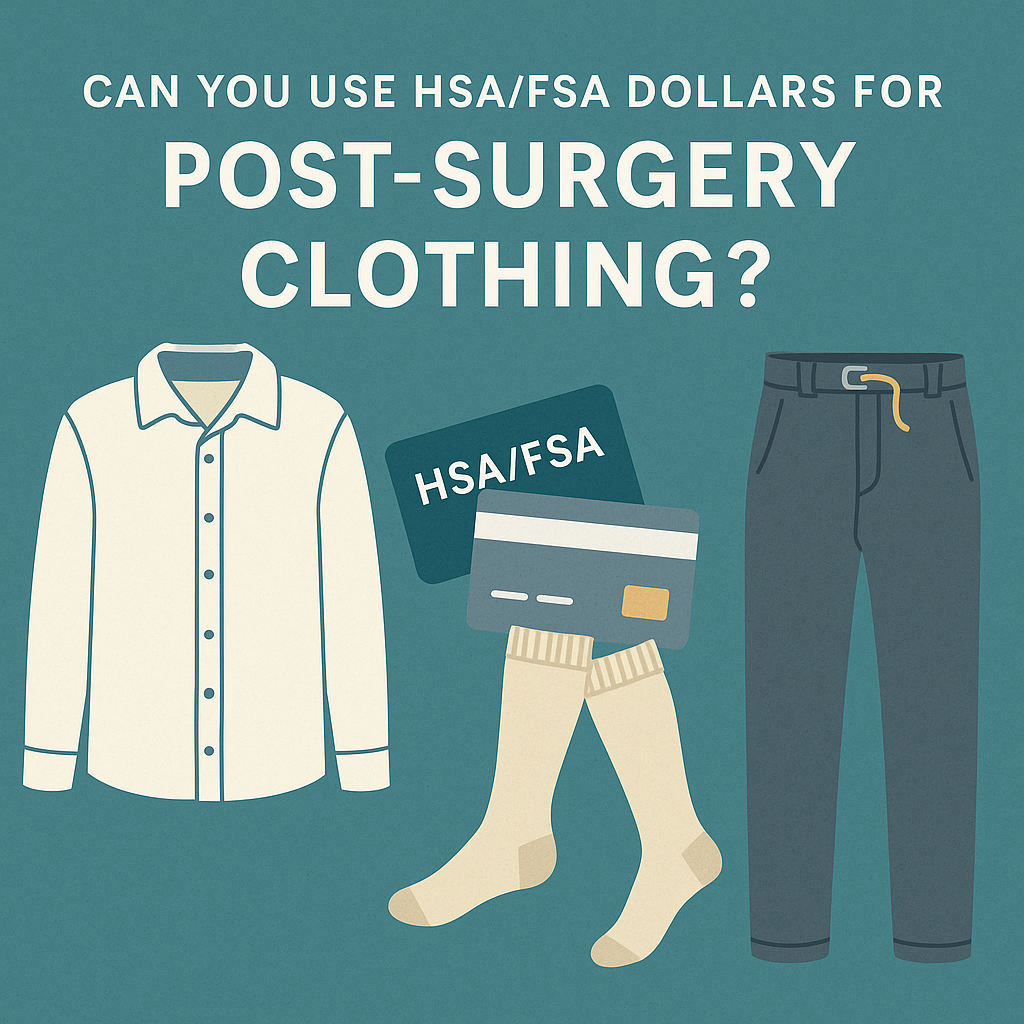











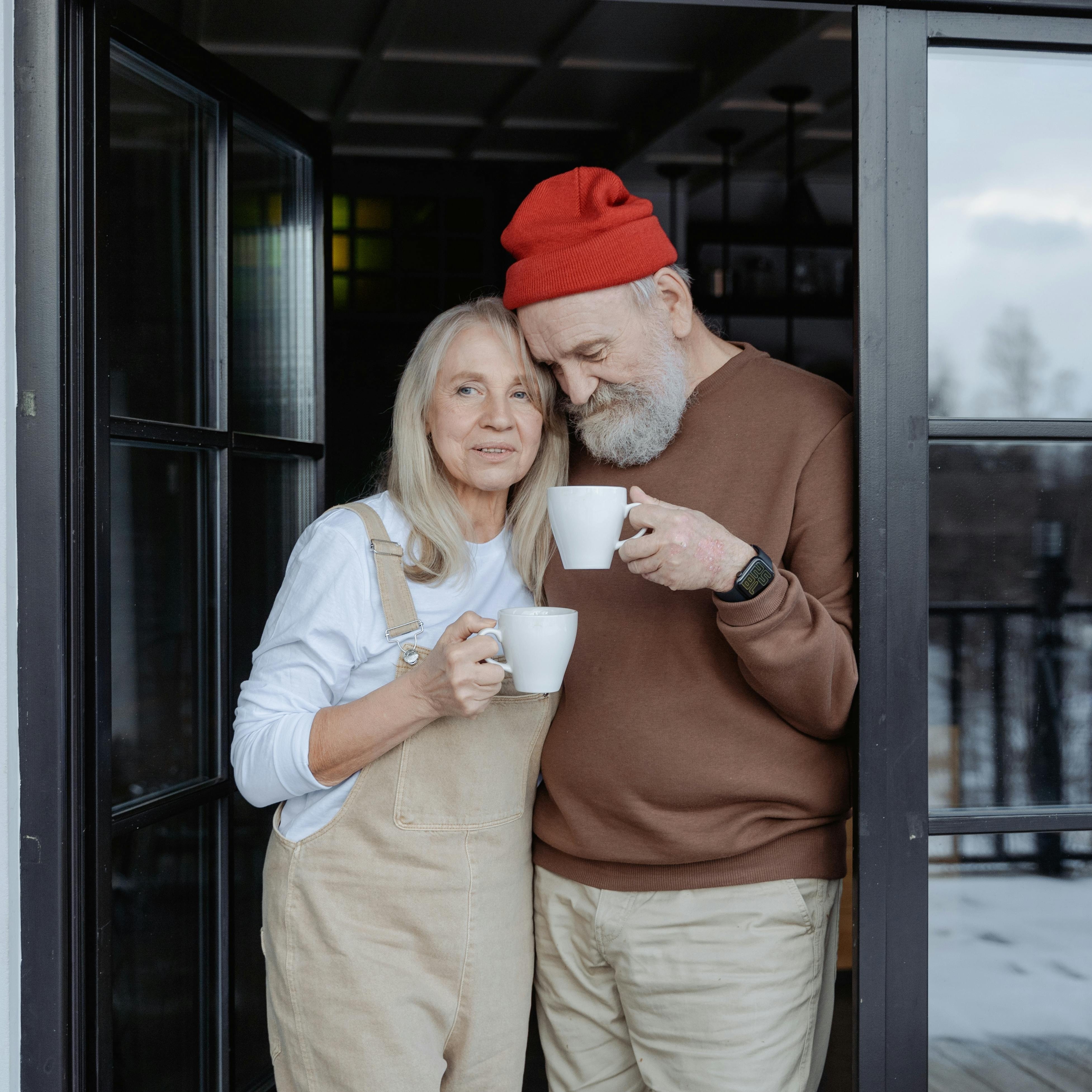

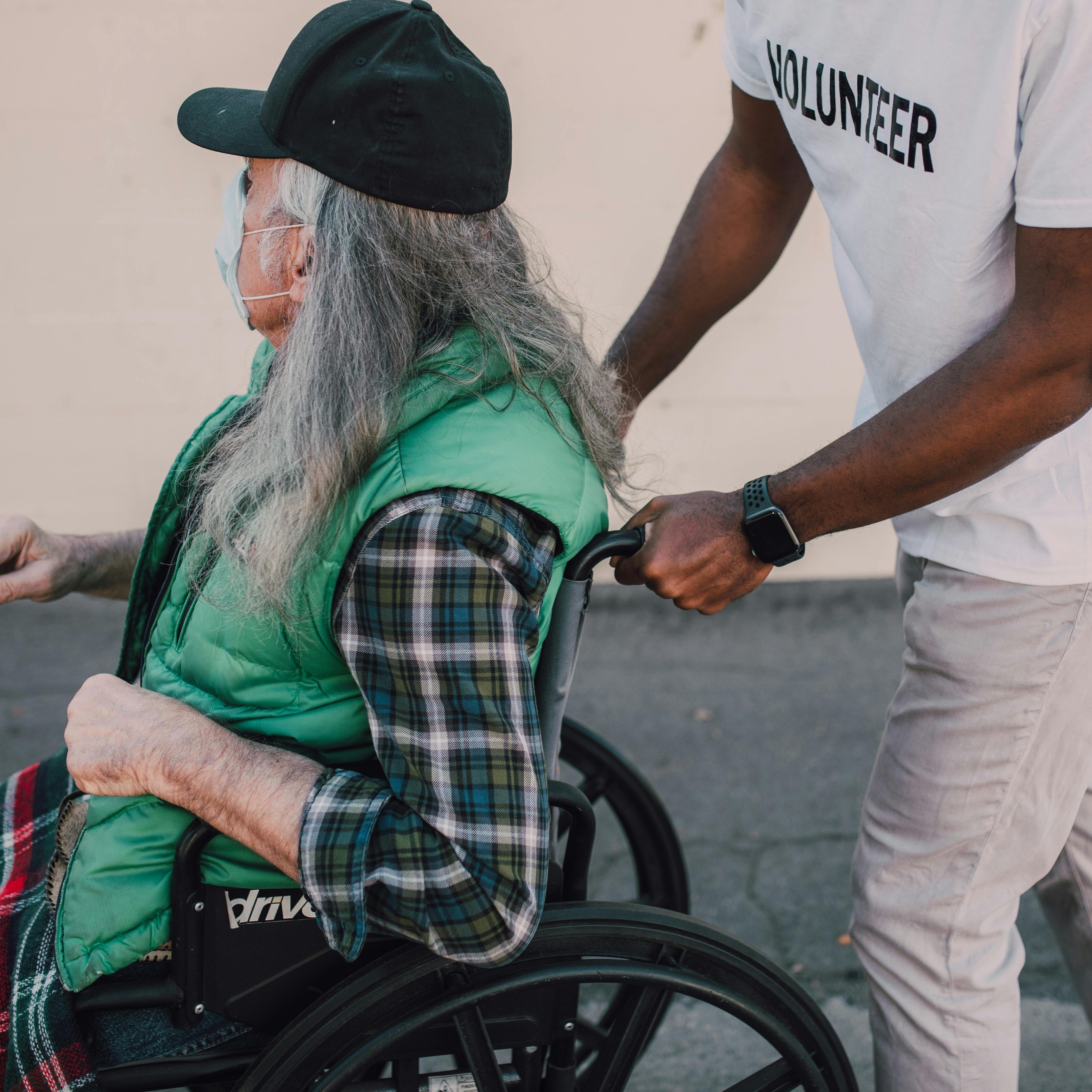




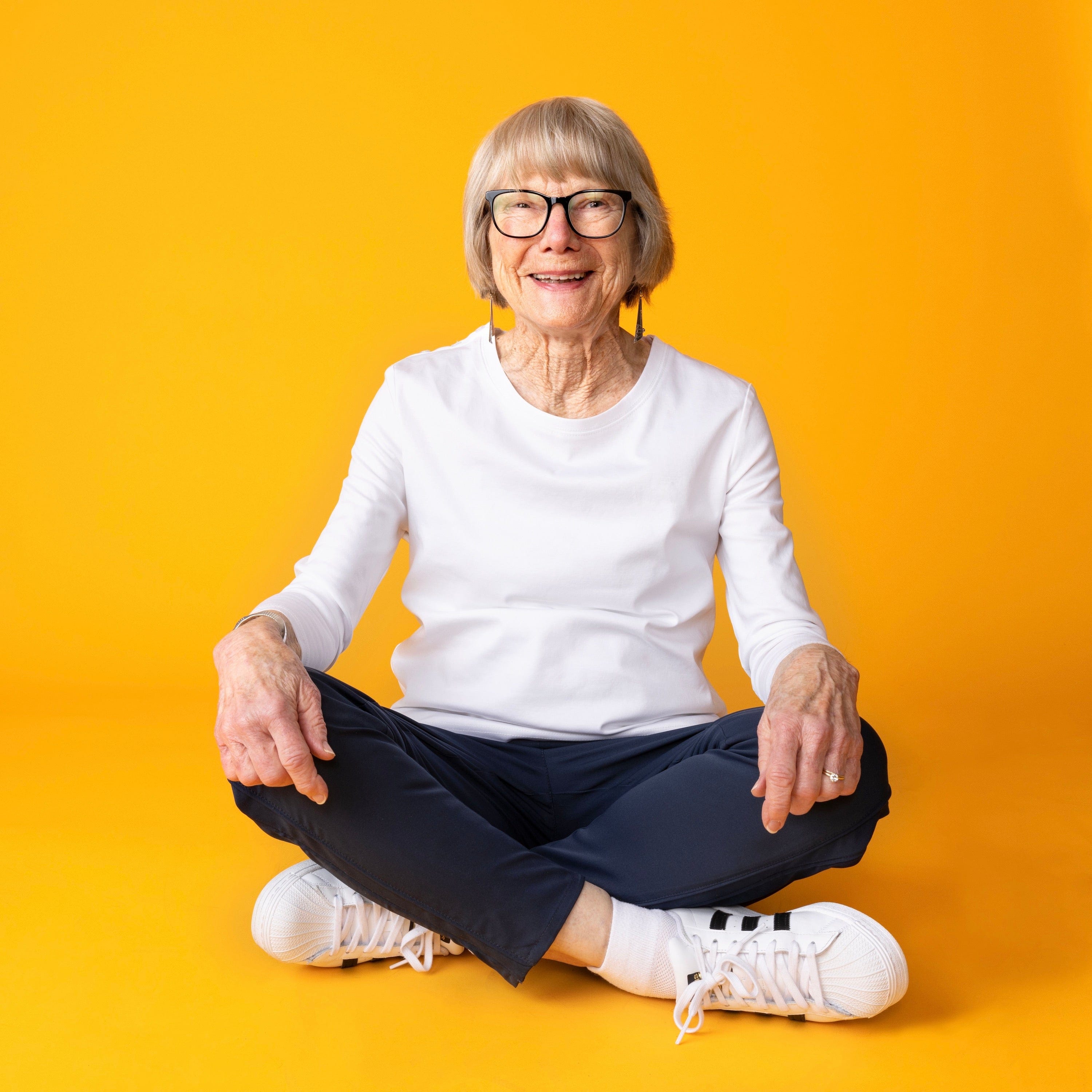
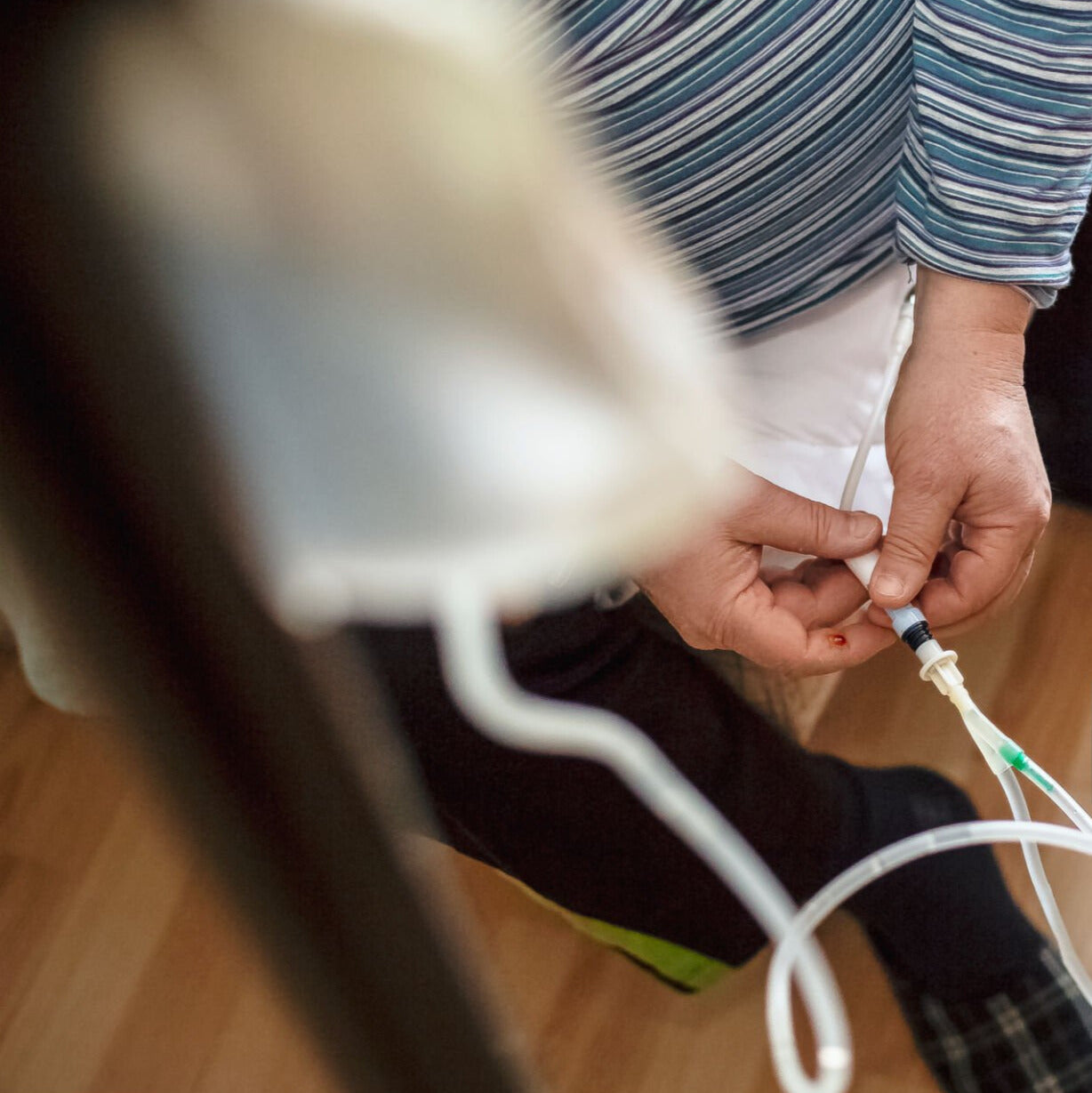

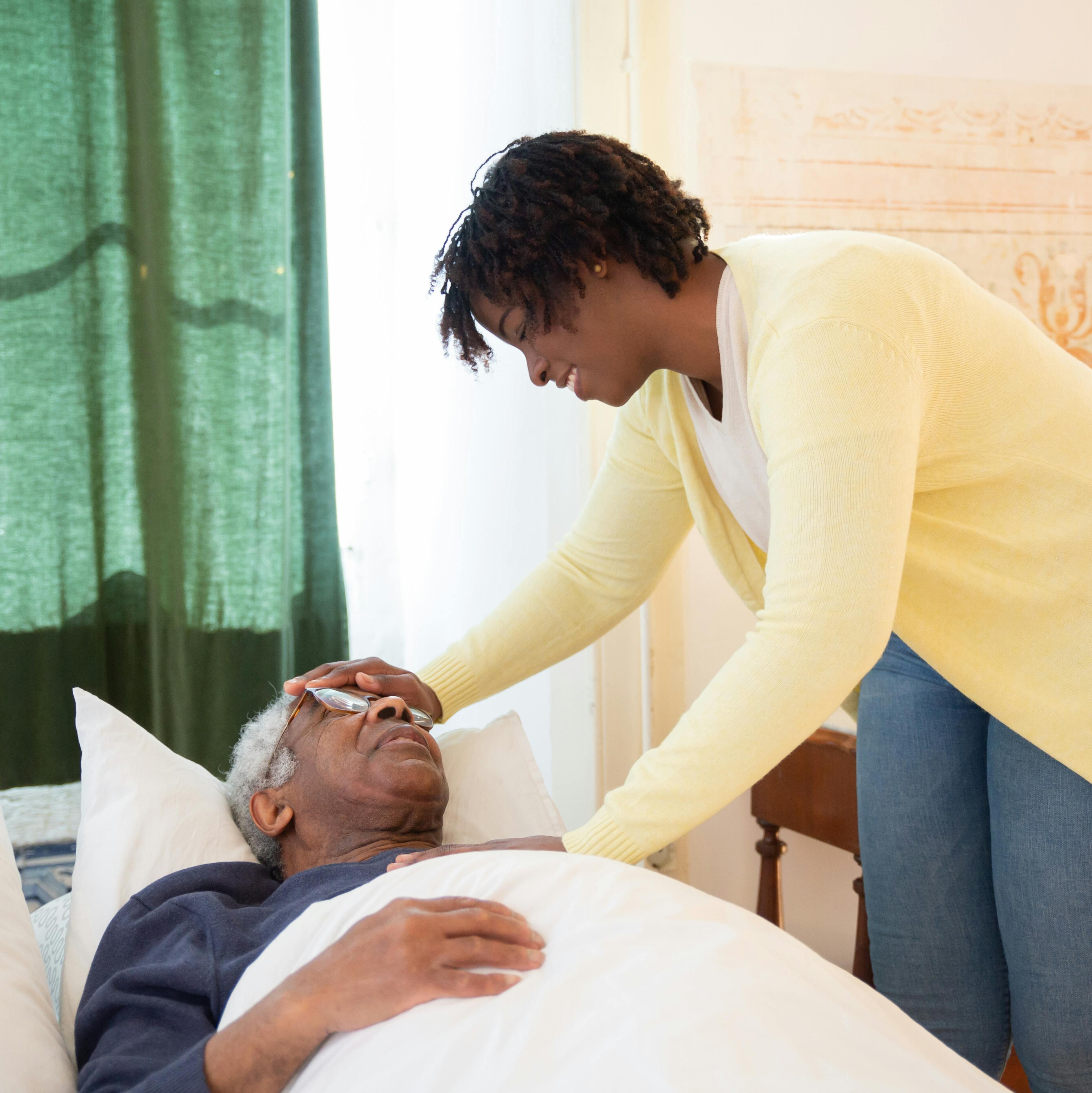
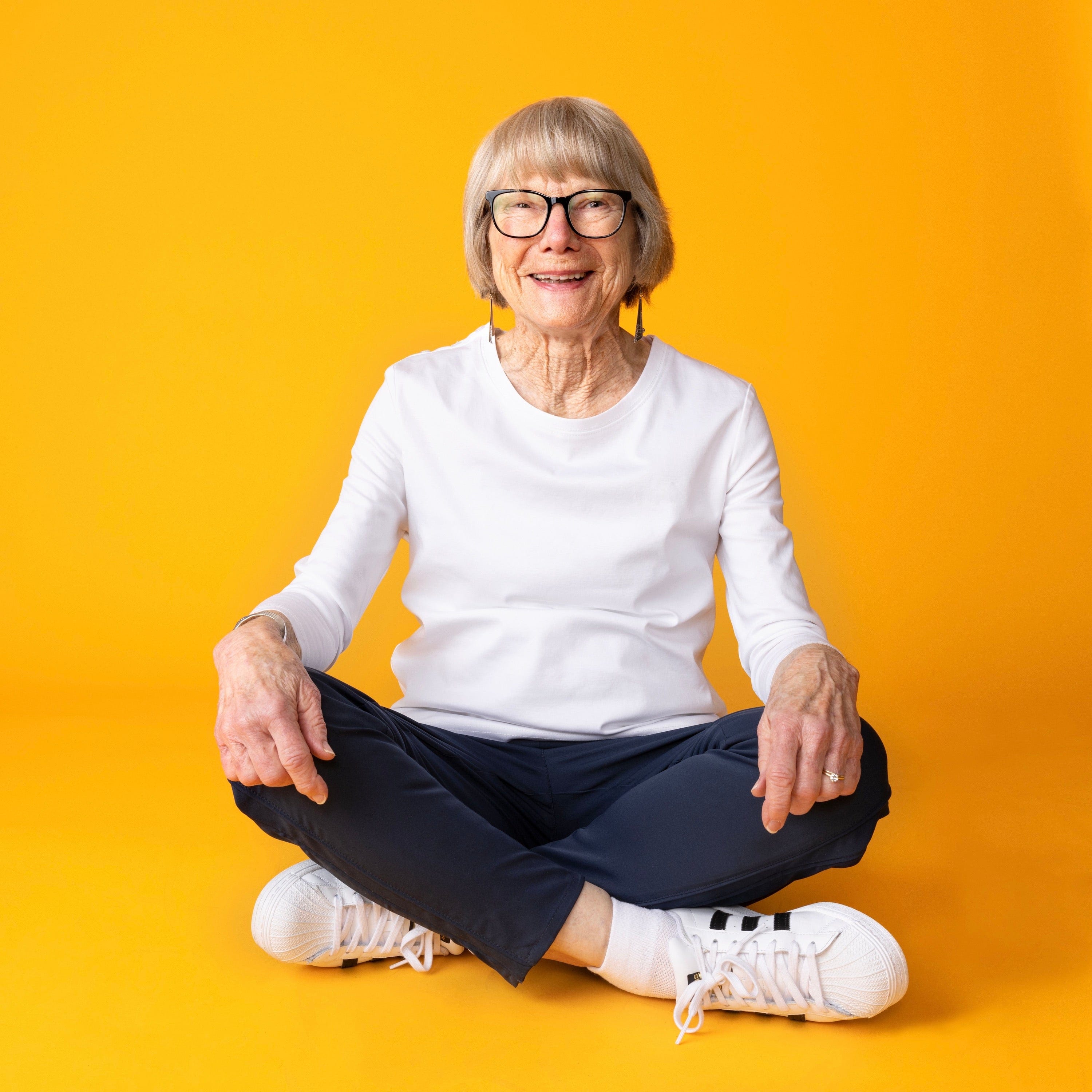
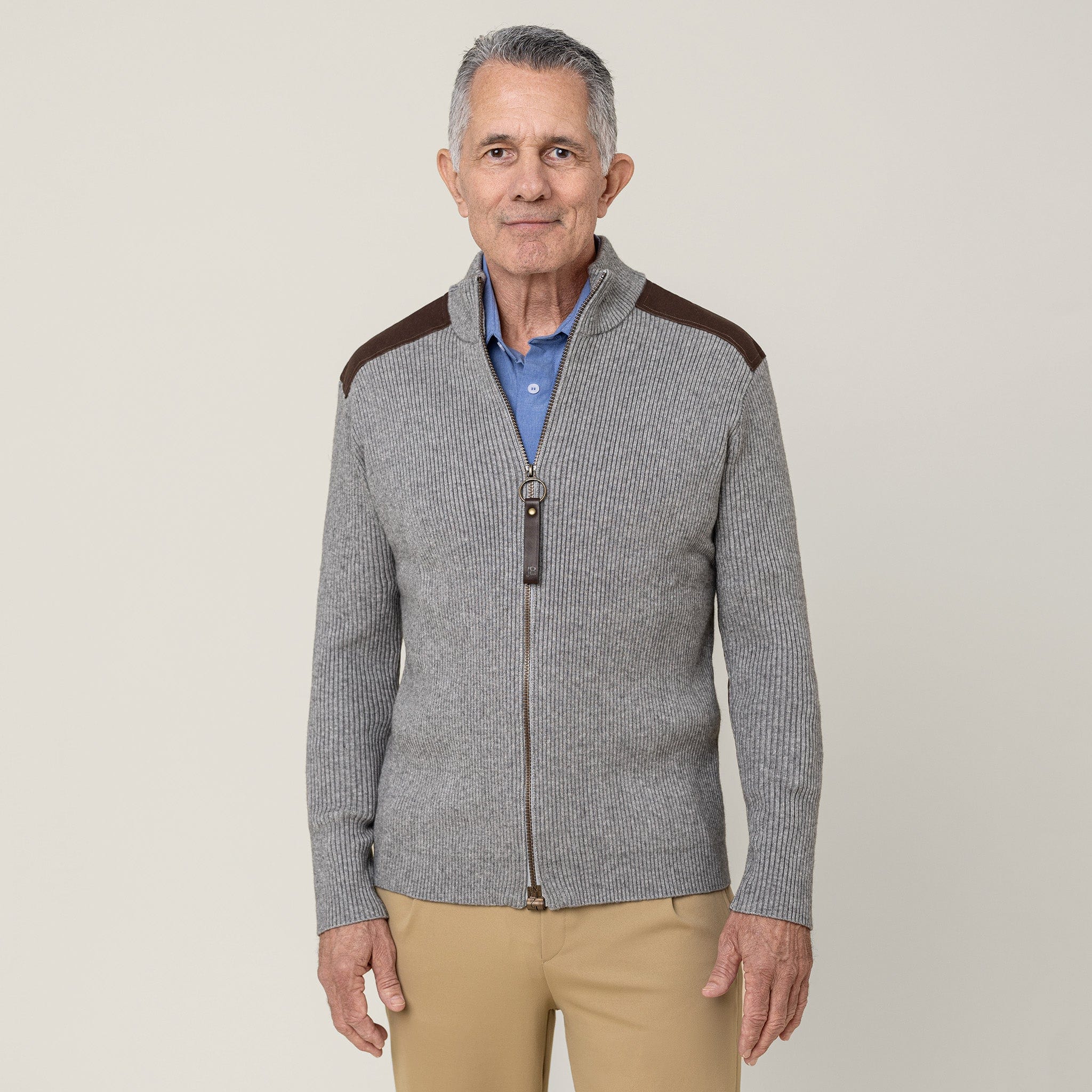
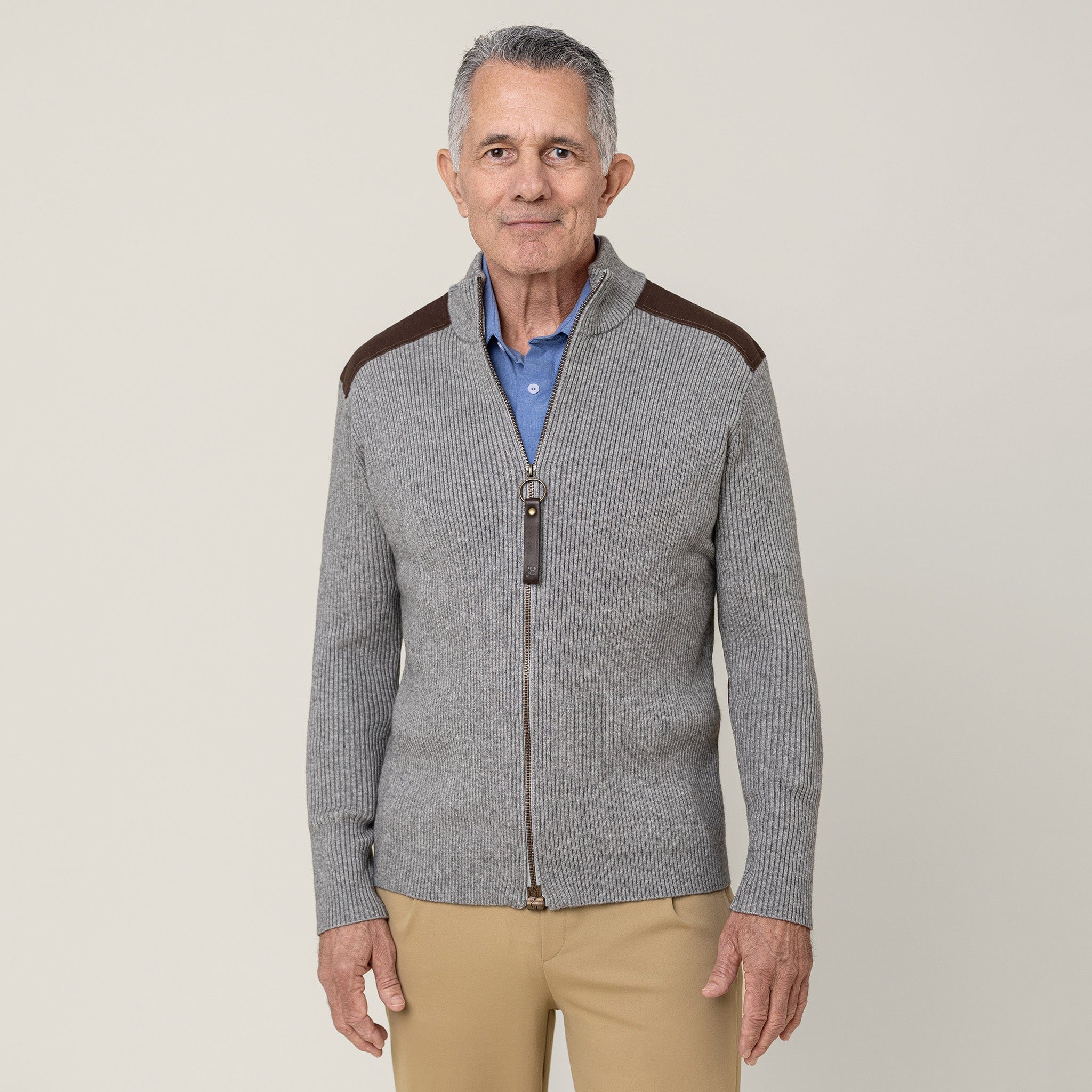
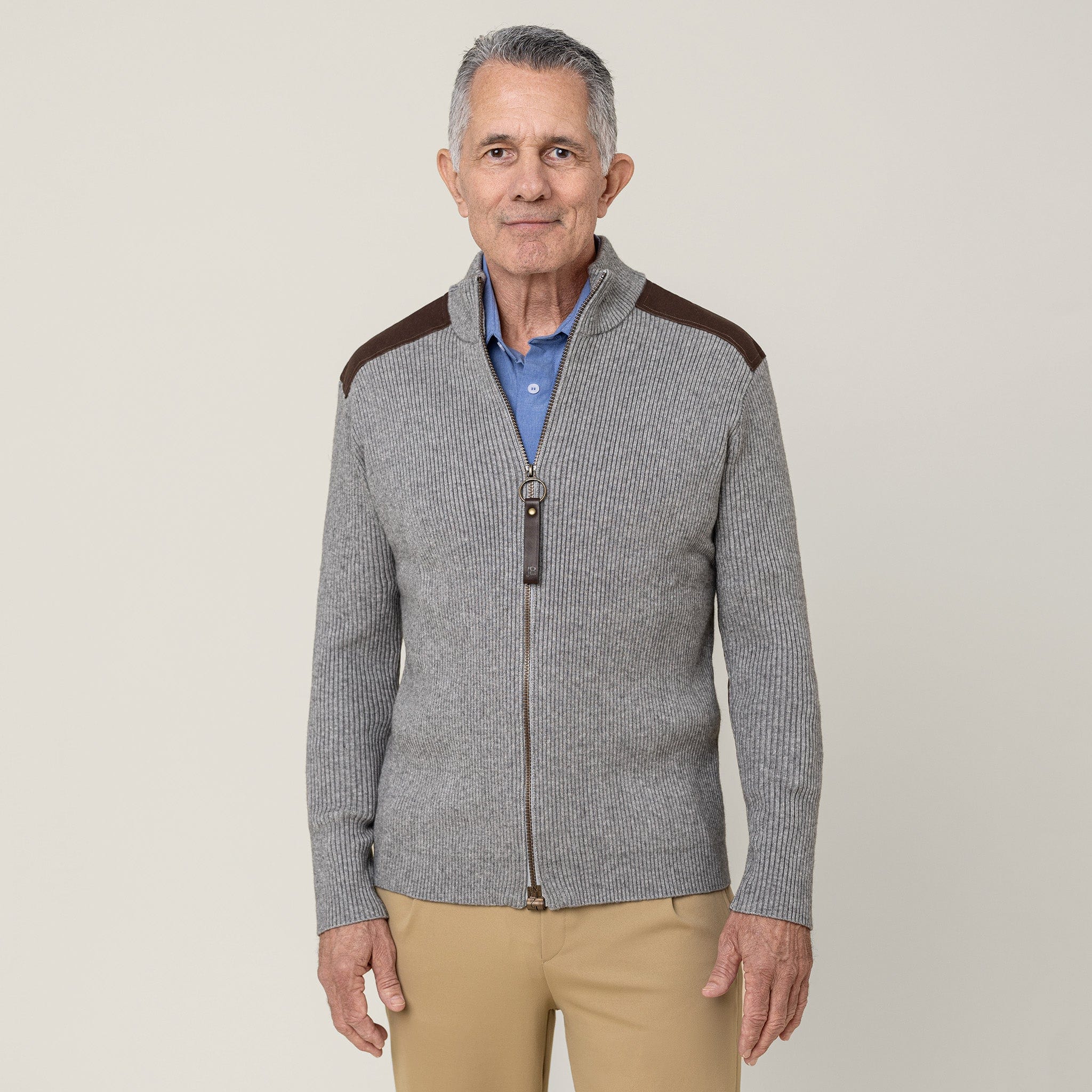
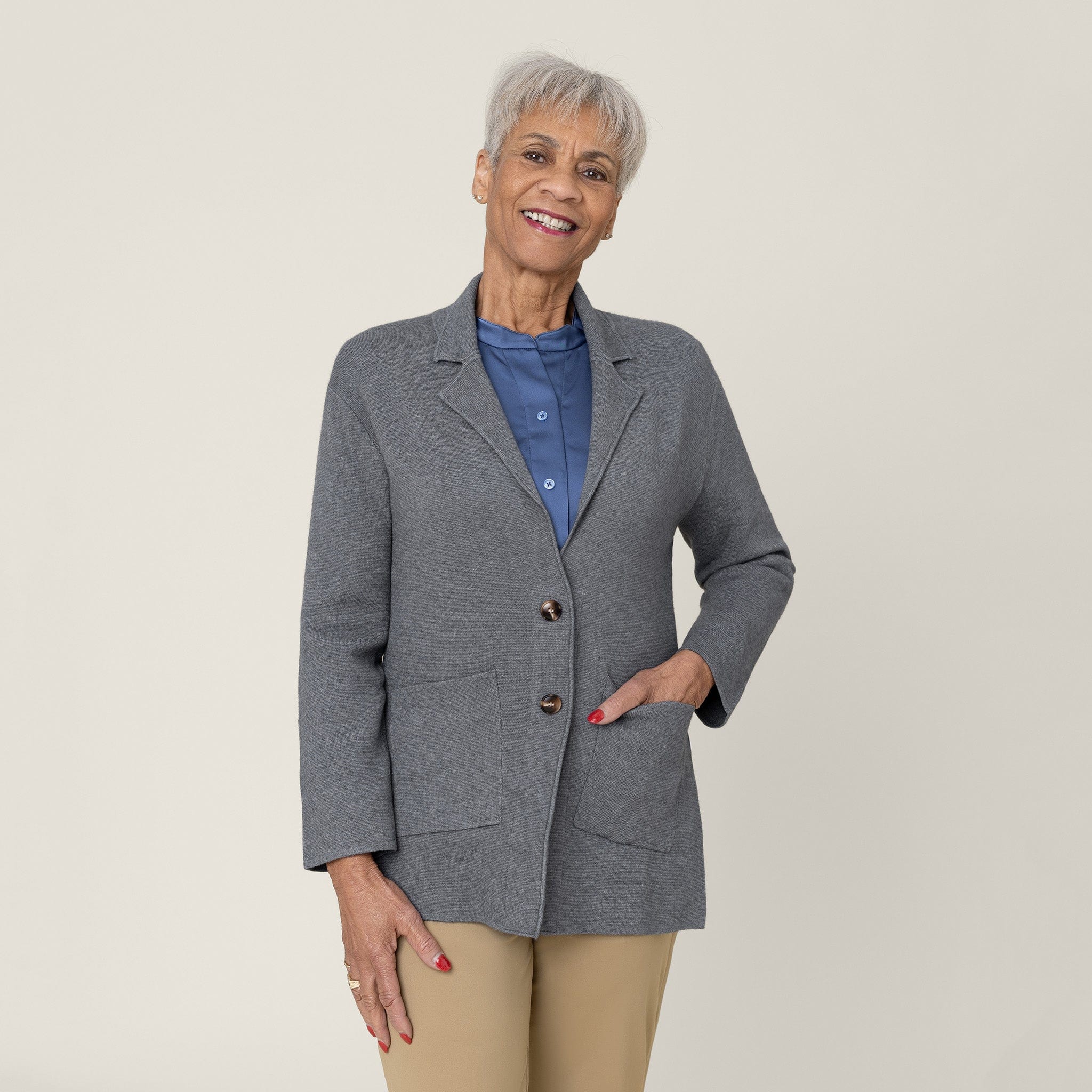

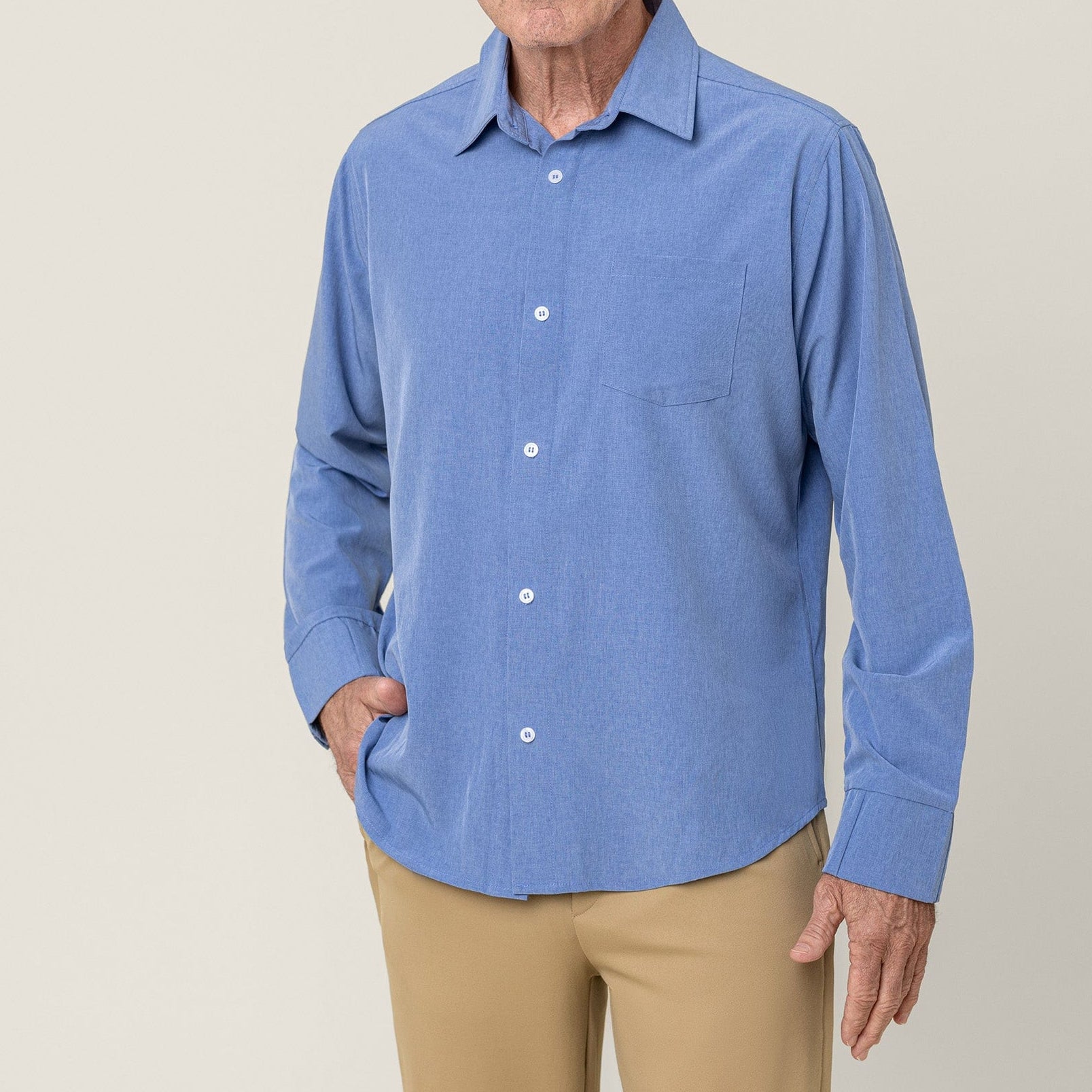


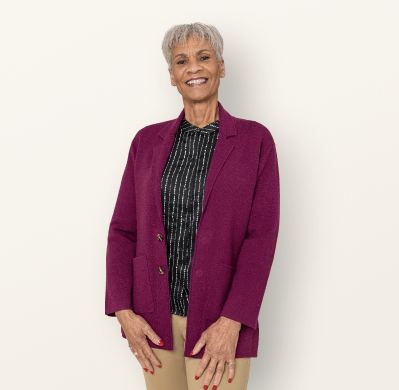
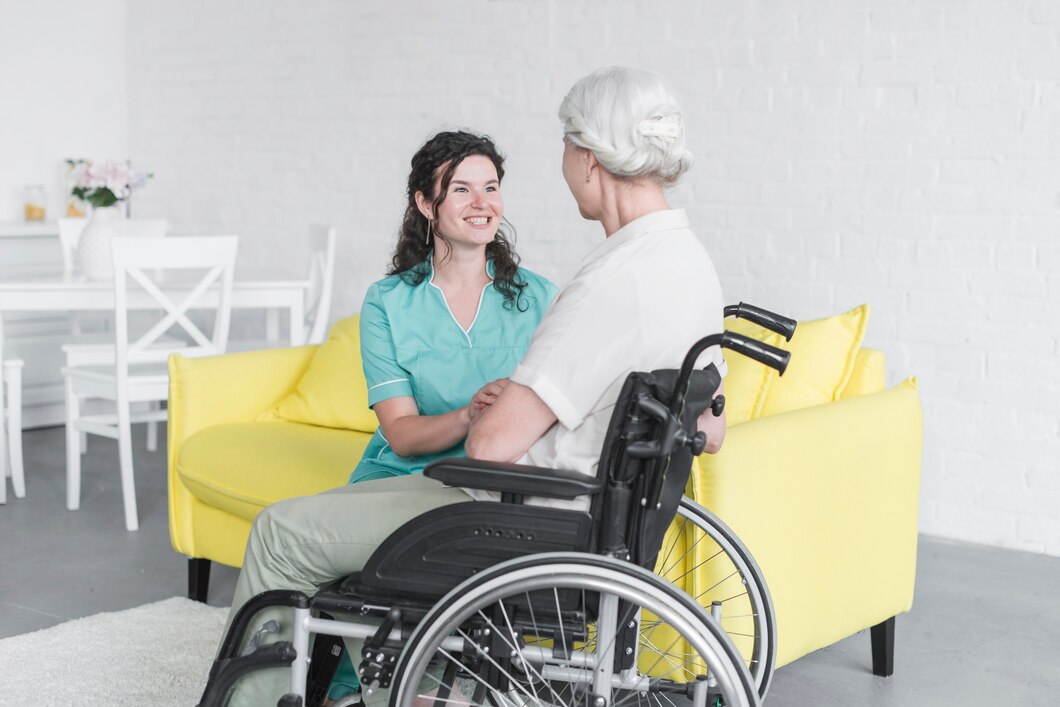

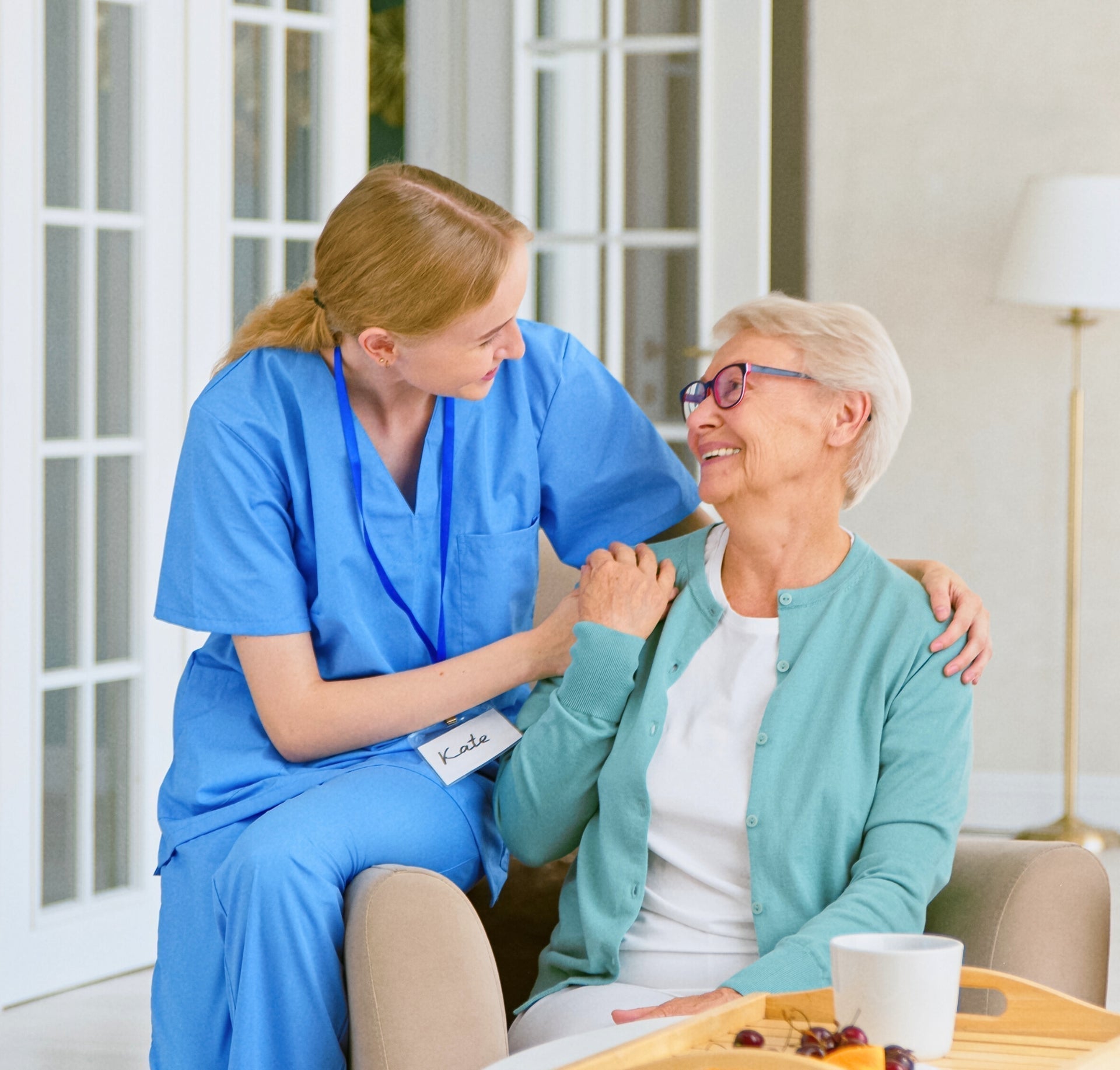
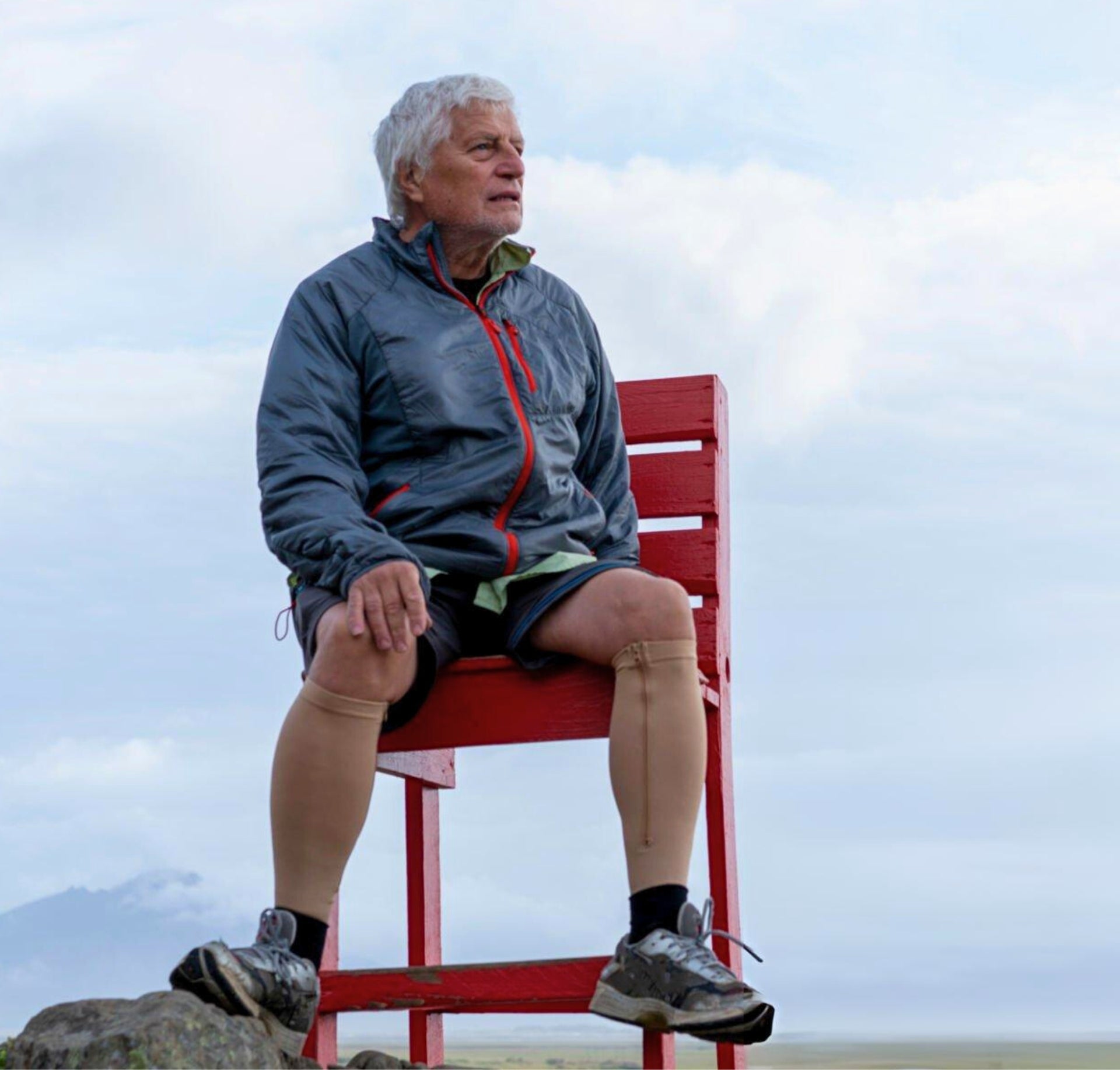

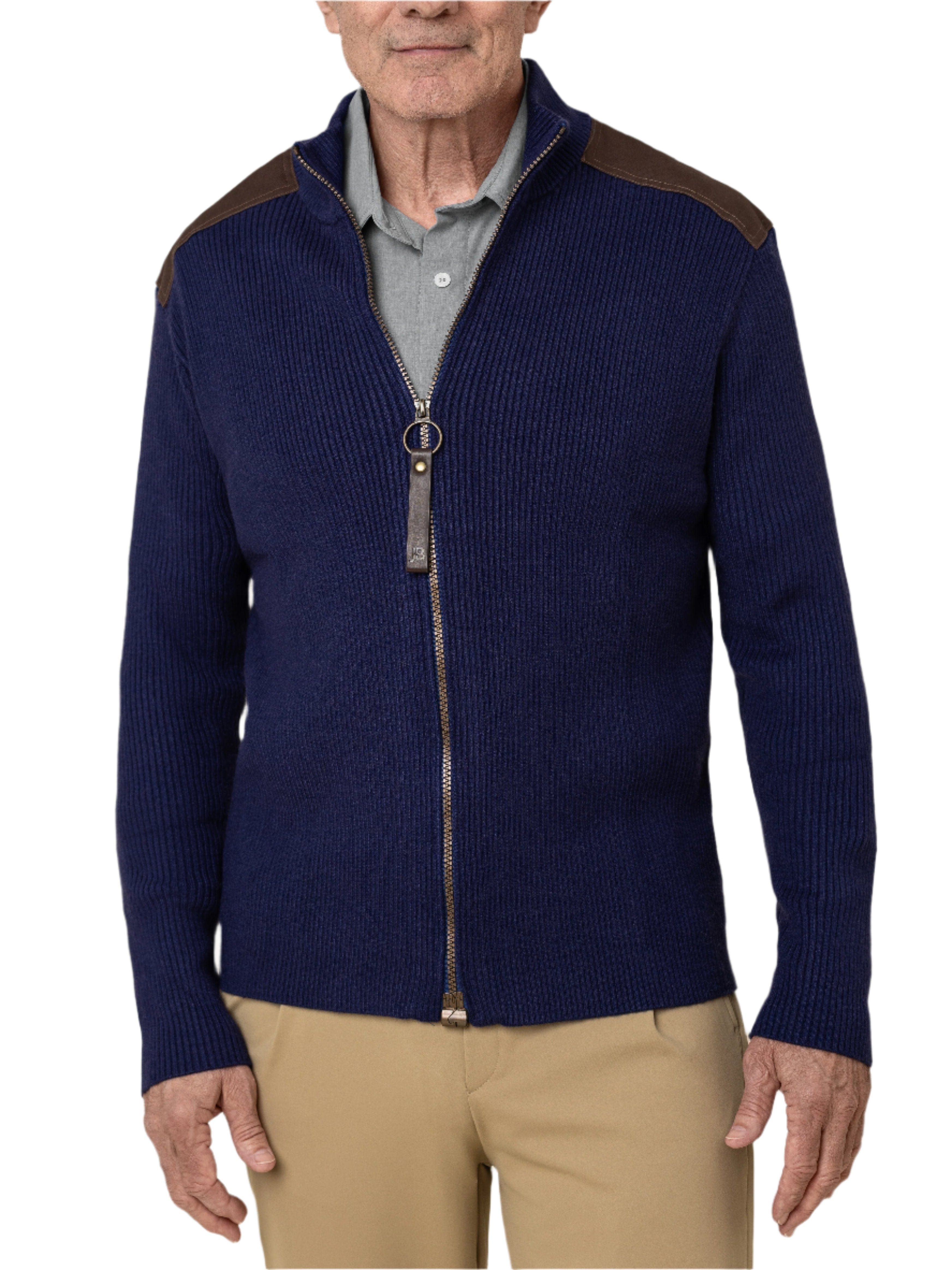



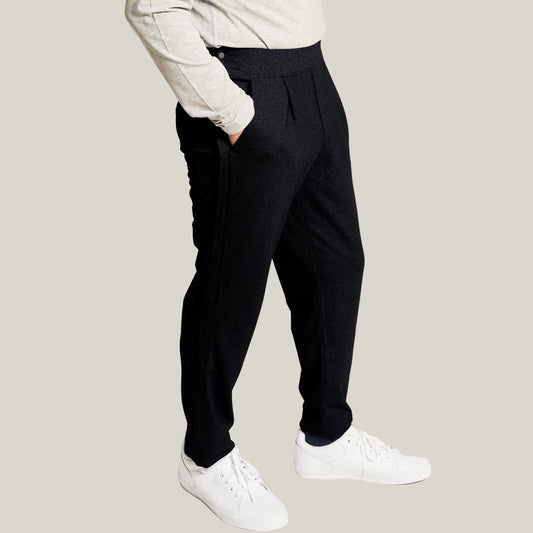




2 comments
Thank you carol! Have been on elder orphans for a few years
is the book published yet? I love it! Staying positive is so important for me! Getting new ideas is great!
Thank you for writing this.
I never intended to retire, but medically I can work. I had everything planned out until this.
Best of luck with your new adventure.